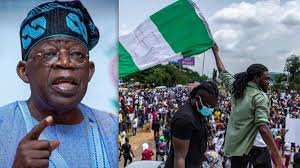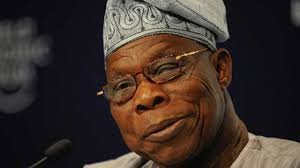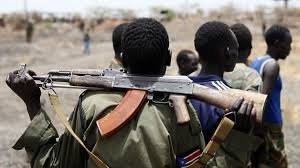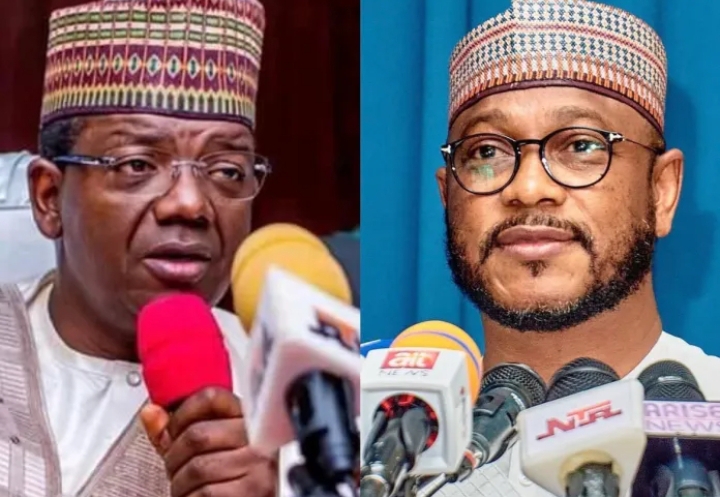The International Human Rights Commission (IHRC) has called on multilateral agencies to assist Nigeria in reducing the spare of flooding in the country.
In a statement on Saturday, Duru Hezekiah, IHRC’s Head of Diplomatic Mission in Nigeria, described recent floods as unfortunate, adding that in the current year Nigeria experienced its worst flood-related disaster in a decade.
He said: “I am deeply distressed by the scope of devastation and suffering that has befallen Nigerians as a result of the rising floodwaters which have recorded human and material losses with several homes submerged in Kogi, Anambra, Bauchi, Gombe States among others,” the statement read.
“Apart from submerging houses and farmlands, critical infrastructures such as schools, healthcare centers, police stations, banks, and offices were also affected; a situation that made the state governments shut down schools in the riverine areas.
He continued: “It is undoubtedly imperative that the Federal, State and Local Governments share the responsibility for protecting their citizens from disasters, and for helping them to recover when a disaster like this strikes.”
Duru however noted that the disaster requires a more comprehensive approach, in terms of providing relief, and emergency assistance, which is devoid of political, ethnic, or religious discrimination.
“In our compassionate plea as an Intergovernmental Diplomatic Organisation, we hereby appeal to other International Agencies – the International Fund for Agricultural Development, European Union and others to come to our aid.”
Hezekiah said it was inhumane for politicians vying for political offices in the 2023 general election to disregard the hardship faced by Nigerians due to the flood while focusing only on their political activities.
“A coming together of a people to address a cause that is about respect for the fundamental human rights of Nigerians is more important now than any political campaign.
“I also urge governors in the states to be accessible and flexible in accepting proposals and partnerships aimed at providing appropriate actions and implementation of participatory emergency plans when made.”


















